Training on Ethical Values
09/04/2024 2024-04-09 11:42Training on Ethical Values
Training on Ethical Values
Peace justice and strong institutions
Ethics Training for Employees
The Jindal Institute of Leadership, Excellence, and Ethics (JILDEE) is a distinguished center for leadership development, ethical practices, and excellence in various domains.
Established under the aegis of Jindal Global University (JGU), JILDEE is committed to nurturing future leaders who embody ethical values, demonstrate exceptional leadership skills, and strive for excellence in their respective fields.
Ethics forms the core of JILDEE’s philosophy. The institute seeks to instill a strong sense of ethical responsibility and moral values in its participants. By addressing ethical dilemmas and promoting ethical decision-making, JILDEE nurtures leaders who prioritize integrity and social responsibility.
JILDEE conducts youth leadership camps to instill leadership qualities and ethical values in young individuals. These camps promote teamwork, problem-solving, and communication skills.
JILDEE collaborates with corporate organizations, non-governmental organizations (NGOs), academic institutions, and government agencies to deliver comprehensive leadership development programmes and promote ethical leadership practices.
Ethics training for students
The B.A. (Hons) Corporate Communication and Public Affairs at Jindal School of Journalism and Communication offers a skill-based courses in ethics
The Bachelor of Design (B.Des.) at JGU is a professional practice courses include new forms of social and technical knowledge: diversity, sustainability, digital representations and professional ethics.
The B.A. (Hons.) Environment and Sustainable Development programme offers nuanced views on ecological, social and natural capital approaches to sustainability, fiscal implications of current economic regimes on the environment, systems thinking, impact of human population on the environment, environment impact assessments, international and domestic legal and policy structures, biodiversity and conservation, waste management and recovery, climate change, global warming, climate negotiations and their interactions with the issues of politics, ethics, society and public health.
The B.Sc. (Hons.) Environment and Sustainable Development programme provides a robust understanding of the science, technology and practice of environment and sustainability. The programme on environmental protection, management and sustainable development is delivered through carefully designed foundational modules on
interdisciplinary themes covering sciences, social sciences, ethics, environmental law and quantitative reasoning skills.
JSPH offers a master’s in public health (MPH) where students also are inculcated with a sense of ethics and accountability at all levels (professional, personal and social).
Research and Publication Ethics is a Doctoral Core course offered by the International Institute for Higher Education Research & Capacity Building (IIHEd).
JGU offers a MOOC (Massive Open Online Course) on Ethics in Public Policy. This course helps students learn about the role that ethical, moral, and cultural principles play when lawmakers and public officials formulate and execute public policy. The course draws upon classical writings in political theory and contemporary cases on ethical dilemmas in public policymaking. It enables debates on various ethics themes such as justice, equality, fairness, individual liberty, free enterprise, charity, human rights, and minimising harm to others. It will also helps grasp how these themes integrate into various decision-making models, such as the utilitarian approach, fairness and justice approach, and rights approach.
For more information visit https://www.coursera.org/learn/ethics-in-public-policy
